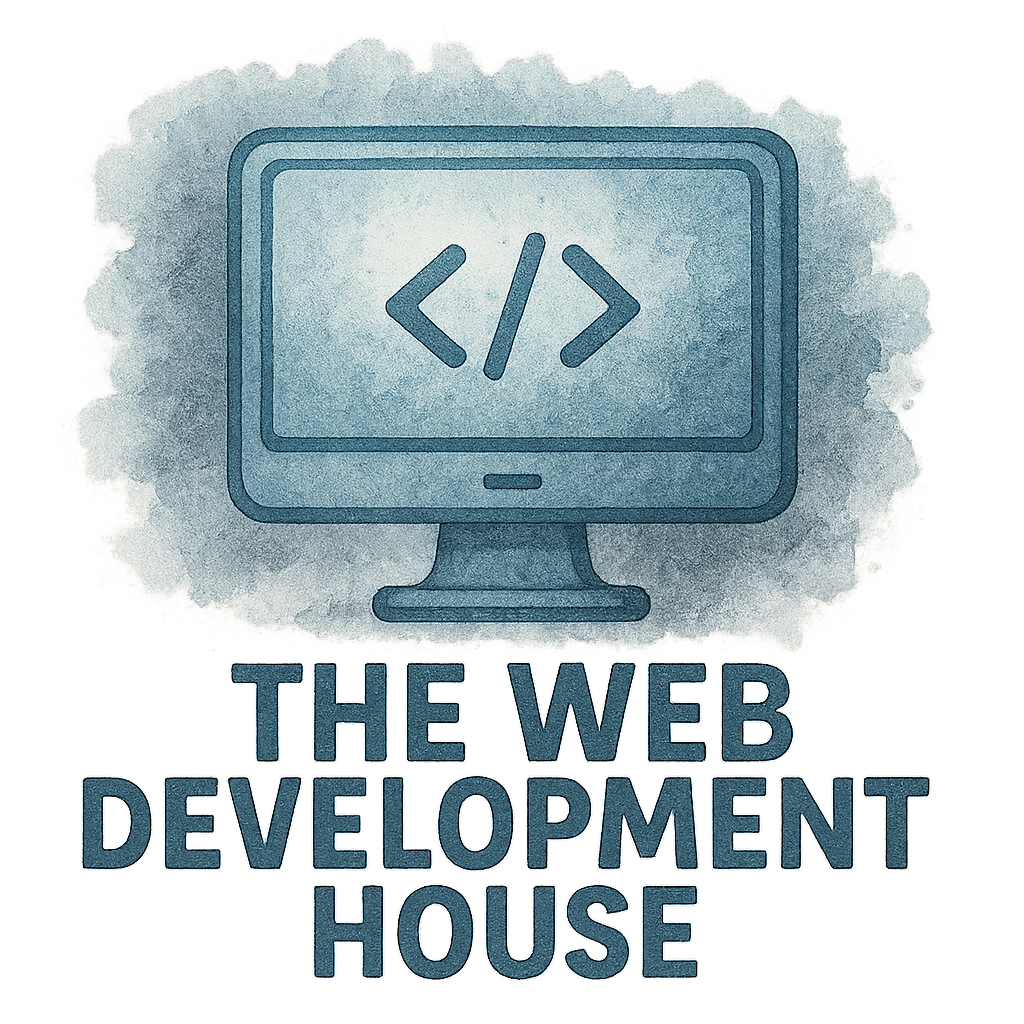Introduction: Why CSS Grid Matters in Web Development
If you’ve ever tried to align boxes, text, or images on a webpage, you know the struggle of CSS layouts. Before CSS Grid, developers relied on floats, tables, or Flexbox hacks that made design feel more like wrestling than building. Today, CSS Grid has revolutionized web development, offering a two-dimensional system that makes layouts intuitive, flexible, and—most importantly—creative.
What Makes CSS Grid a Game-Changer?
CSS Grid is not just another tool; it’s the backbone of modern web development. It allows developers to create structured, responsive, and visually stunning layouts with minimal code.
Flexbox vs. Grid: Key Differences
Think of Flexbox as a one-dimensional train—perfect for aligning items in a row or column. CSS Grid, on the other hand, is like a city map—capable of managing rows and columns simultaneously. This makes it ideal for complex, magazine-like designs.
Why CSS Grid is Perfect for Creative Layouts
CSS Grid lets you think like a designer rather than just a coder. You’re not just placing boxes—you’re crafting an experience. And that’s why UI/UX design thrives when paired with CSS Grid. (Check more on UI/UX design).
Getting Started with CSS Grid
The Basics of CSS Grid Syntax
It starts with just a few lines of code:
.container {
display: grid;
grid-template-columns: repeat(3, 1fr);
grid-gap: 20px;
}
Boom—you’ve created a three-column grid!
Setting Up Your First Grid Container
Define a container with display: grid, then decide how many columns and rows you want. You can adjust spacing with grid-gap and position elements with grid-column and grid-row.
9 CSS Grid Examples to Learn Web Development Creatively
Now, let’s dive into practical CSS Grid examples that can help you learn web development creatively.
1. Simple Two-Column Layout
The starting point for every beginner. Perfect for sidebars, blogs, or content with navigation.
2. Classic Three-Column Blog Layout
Think of online magazines—content in the center, ads on the right, and a menu on the left. Clean, professional, and easy to make with Grid.
3. Responsive Image Gallery
Want Pinterest-style layouts? CSS Grid makes it simple. Just define columns that adjust with screen size, and your gallery becomes responsive automatically.
4. Magazine-Style Grid Layout
Perfect for showcasing articles, news sites, or portfolios. Grids let you mix big images, text blocks, and headlines seamlessly.

5. CSS Grid Card Layout for Product Pages
E-commerce thrives on card layouts. With CSS Grid, you can align product images, descriptions, and prices in a way that’s both sleek and user-friendly.
6. Overlapping Grid Elements for Creativity
Why settle for straight boxes? With CSS Grid, you can overlap elements to create modern, layered effects that stand out in any design project.
7. Dynamic Dashboard Layout
Need a dashboard with charts, menus, and widgets? CSS Grid lets you arrange everything dynamically, resizing smoothly across devices.
8. Fullscreen Web App Layout
For web apps, you need a strong foundation. CSS Grid gives you flexible layouts that adapt to tablets, desktops, and mobile devices. (Check more about mobile development).
9. Asymmetrical Grid for Modern Design
Asymmetry is trending in UI/UX. With CSS Grid, you can easily break away from uniform designs and add artistic flair.
Best Practices for Learning CSS Grid in Web Development
Start Small, Scale Gradually
Don’t jump into complex dashboards right away. Start with two-column layouts and progress.
Combine CSS Grid with Flexbox
Think of Grid for structure and Flexbox for fine-tuning. This hybrid approach is used in most professional development houses.
Use Browser Dev Tools for Visualization
Modern browsers highlight grid lines, making it easy to see where elements are placed.
Real-World Use Cases of CSS Grid in Web Development
Web Development for Startups
Startups love CSS Grid because it reduces development time. Learn more about startup web solutions.
UI/UX Design and Prototyping
Grid allows designers to experiment quickly with layouts—making prototyping smoother.
Mobile Development and Responsive Grids
Responsive design is no longer optional. CSS Grid ensures apps and websites adapt gracefully.
How CSS Grid Boosts Productivity in Web Development
Efficiency is everything. With fewer lines of code, you can build layouts faster, which boosts team productivity. That’s why companies rely on CSS Grid in project management workflows.
Core Values of a Good Development House When Using CSS Grid
A development house that embraces CSS Grid often prioritizes:
- Clean code practices
- Responsive design
- Client-focused innovation
- Creative solutions aligned with core values
CSS Grid and the Future of Web Development
Advanced Features to Watch
Subgrid and container queries are set to push CSS Grid into the future.
Integration with Modern Frameworks
From React to Angular, CSS Grid is becoming a natural fit. See how services evolve around this.
Conclusion
CSS Grid isn’t just a tool—it’s a creative canvas. These 9 CSS Grid examples to learn web development creatively are more than coding exercises; they’re stepping stones to building modern, responsive, and engaging web designs. If you want to step into the future of digital design, start with CSS Grid—it’s where creativity meets productivity.
FAQs
1. What is the difference between Flexbox and CSS Grid?
Flexbox handles one-dimensional layouts, while CSS Grid manages both rows and columns.
2. Can I use CSS Grid with older browsers?
Yes, but support varies. Always use fallbacks for older versions of Internet Explorer.
3. Do professional developers still use CSS Grid?
Absolutely! It’s a standard in modern web development.
4. Is CSS Grid hard for beginners?
Not at all. Start with simple layouts, then move to complex designs.
5. Can CSS Grid improve UI/UX design?
Yes! It allows more flexibility in layouts, boosting user experience.
6. Should I use CSS Grid or Flexbox for mobile apps?
Use both—Grid for structure, Flexbox for alignment. Perfect combo for mobile apps.
7. Where can I learn more about CSS Grid best practices?
Explore tutorials and articles tagged under best practices.

